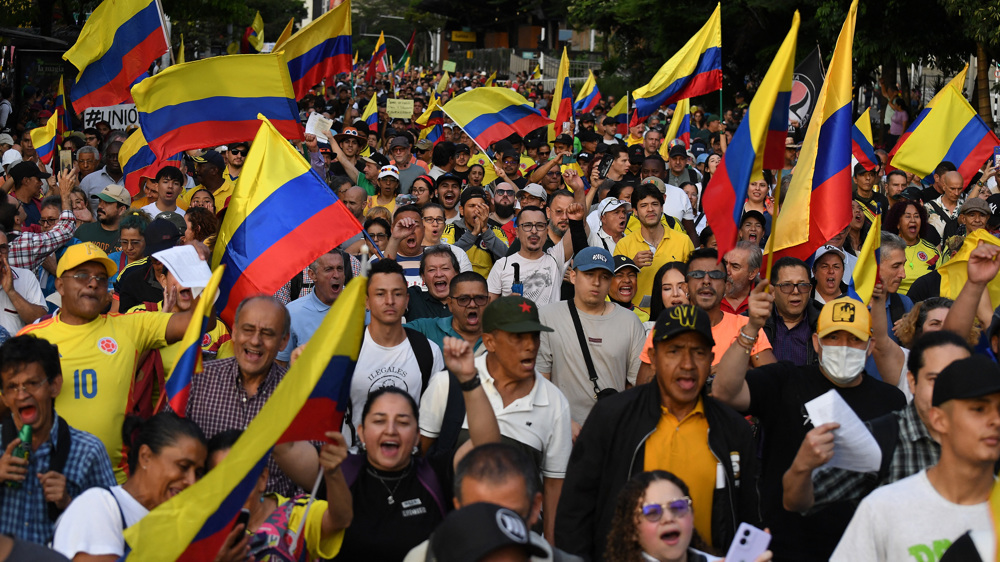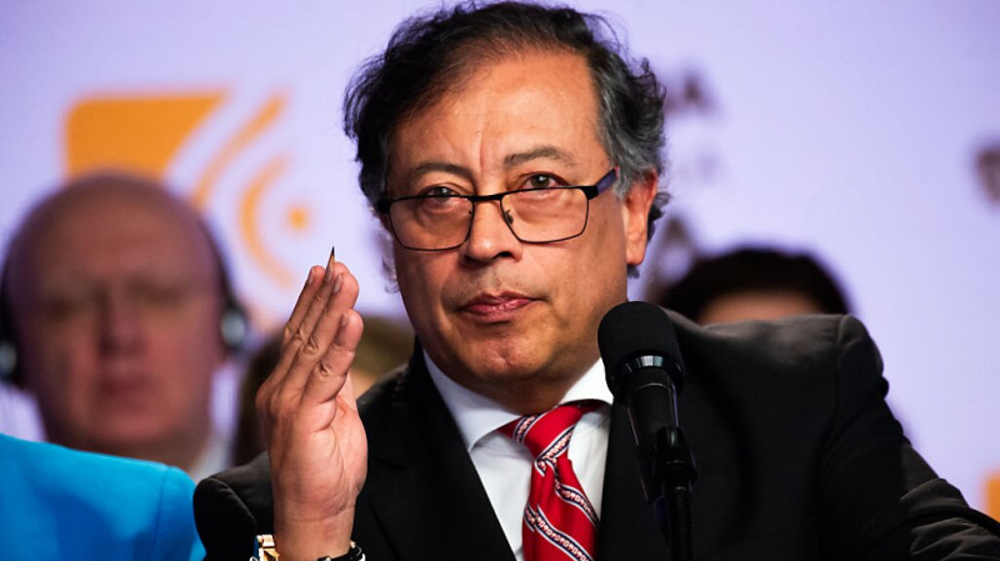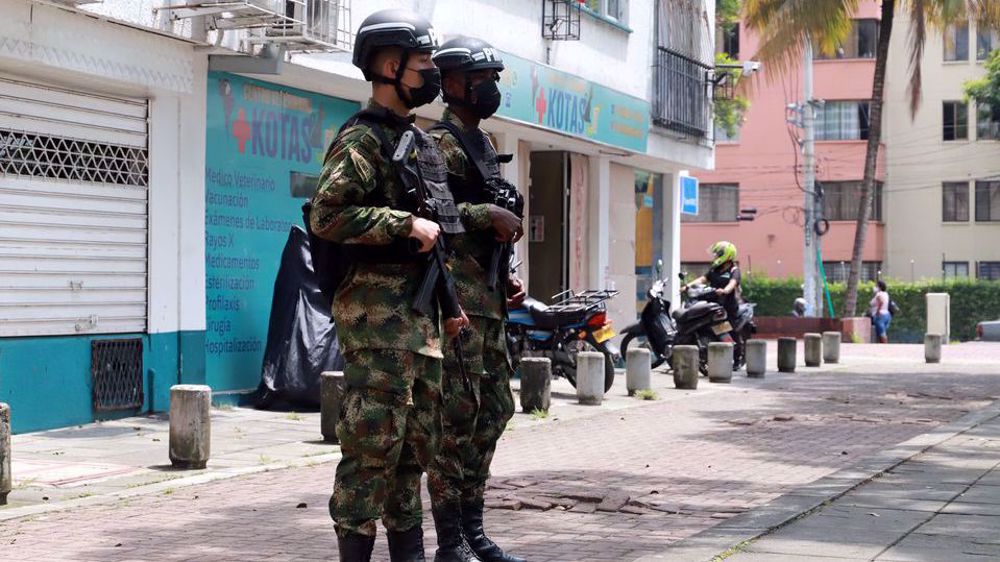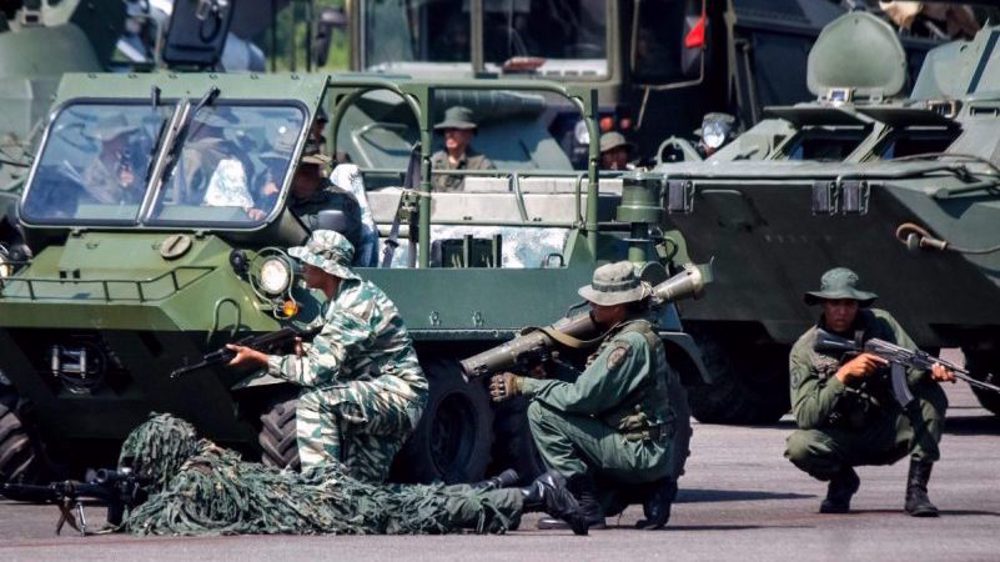Thousands of Colombians rally in Bogota to demand end to protests, roadblocks
Thousands of Colombians have marched in the capital city of Bogota to demand an end to violent protests and express support for security forces.
Following a month of demonstrations, the indigenous people rallied on Sunday to urge the protesters to stop the roadblocks that have caused shortages of food and supplies in different parts of the country.
“They are taking the cities hostage. They are stopping the economy,” Patricia Gonzalez, 45, said.
Gonzalez acknowledged the use of excessive force by police and said not all officers were corrupt, complaining that the protests had gone on long enough.
Widespread protests in Colombia began at the end of April against a tax hike but have since expanded to include calls for broader reforms, including a basic income, opportunities for young people and an end to police violence.
After a week of stalemate, talks between the government and national protest leaders were set to resume on Sunday.
The violent protests have developed into a mass movement, at times escalating into brutal, even deadly, street fighting.
According to the country's human rights ombudsman, 41 civilians and one police officer had been killed until Tuesday, while government figures show that so far the protests have led to the death of 17 civilians and two police forces.
Jorge Ivan Ospina, the mayor of Colombia's third-largest city, Cali, announced on Saturday that during a single day of protests 13 people were killed, stressing it was not certain how many of those were linked to the demonstrations.
The United Nations High Commissioner for Human Rights, Michelle Bachelet, called for the perpetrators of the Cali violence to be held accountable.
“I call for an end to all forms of violence,” she said in a statement, demanding an investigation into the deaths and injuries.
Even though a “pre-agreement” to further talks was struck last Monday, strike organizers have accused the government of deliberately stalling the discussions by refusing to sign the deal.
The government says that as part of the pre-agreement, protest organizers must first condemn the roadblocks.
Lebanon’s president condemns Israeli strikes as 'blatant act of aggression'
VIDEO | Epstein and Trump: Scandal, power, and political fallout
Trump admin. advances Saudi nuclear deal, leaves door open to enrichment: Report
Leader donates 50 billion rials to free financially struggling prisoners
Guardians of sky: How Iran’s radar network turned 12-day war into a blueprint for deterrence
The story of ancient Persia’s chromium steel
Iranian Navy chief calls for broader naval collaboration at MILAN 2026 naval exercise
VIDEO | Mini Iraq; A city in India that connects faith across borders













 This makes it easy to access the Press TV website
This makes it easy to access the Press TV website